The Feminist Seed Bank
Led by Artist, Activist and Feminist Melissa H Potter
The Feminist Seed Bank collects plant-based practices historically cultivated by women.
Plant-based practice includes art/craft, medicine and spiritual tradition that generate from a seed. The FSB is a “bank of knowledge”– not unlike a literal seed bank – that locates, interprets, preserves and celebrates plants and the practices germinating from them. Historically women have created and passed down these traditions central to their cultural identity and sovereignty. This work is now at risk of being lost due to climate crises and gender violence. Through gardens, publications, exhibitions, conversations, an open-source archive and DIY kits, the Feminist Seed Bank amplifies and monumentalizes this vital information before it is too late.
FSB is an internationally-panoramic network of collaborators. Examples include: Bosnian flax and hemp textiles; Indigenous American grass basket weavings; Yoruba adire indigo-dyed cloth with resist-dye design technique; Samoan fig bark cloth; Georgian felted rugs depicting ancient plant talismans; Wiccan herb-based abortifacients; Brazilian Candomble herb-based cleansing rituals; and Central Asian steppe grass mats. Check out this new interactive map that is recording, interpreting, sharing and saving the interviews and practices contributed by our partners!
“Seeds and prairie roots are feminist monuments, doing the invisible work of sustaining systems on which all life depends. For thousands of years, women planted, tended, sown and saved seeds. Their acts monumentalize women’s labor, craft, land, justice & medicine—knowledge of survival.”
—Melissa H Potter
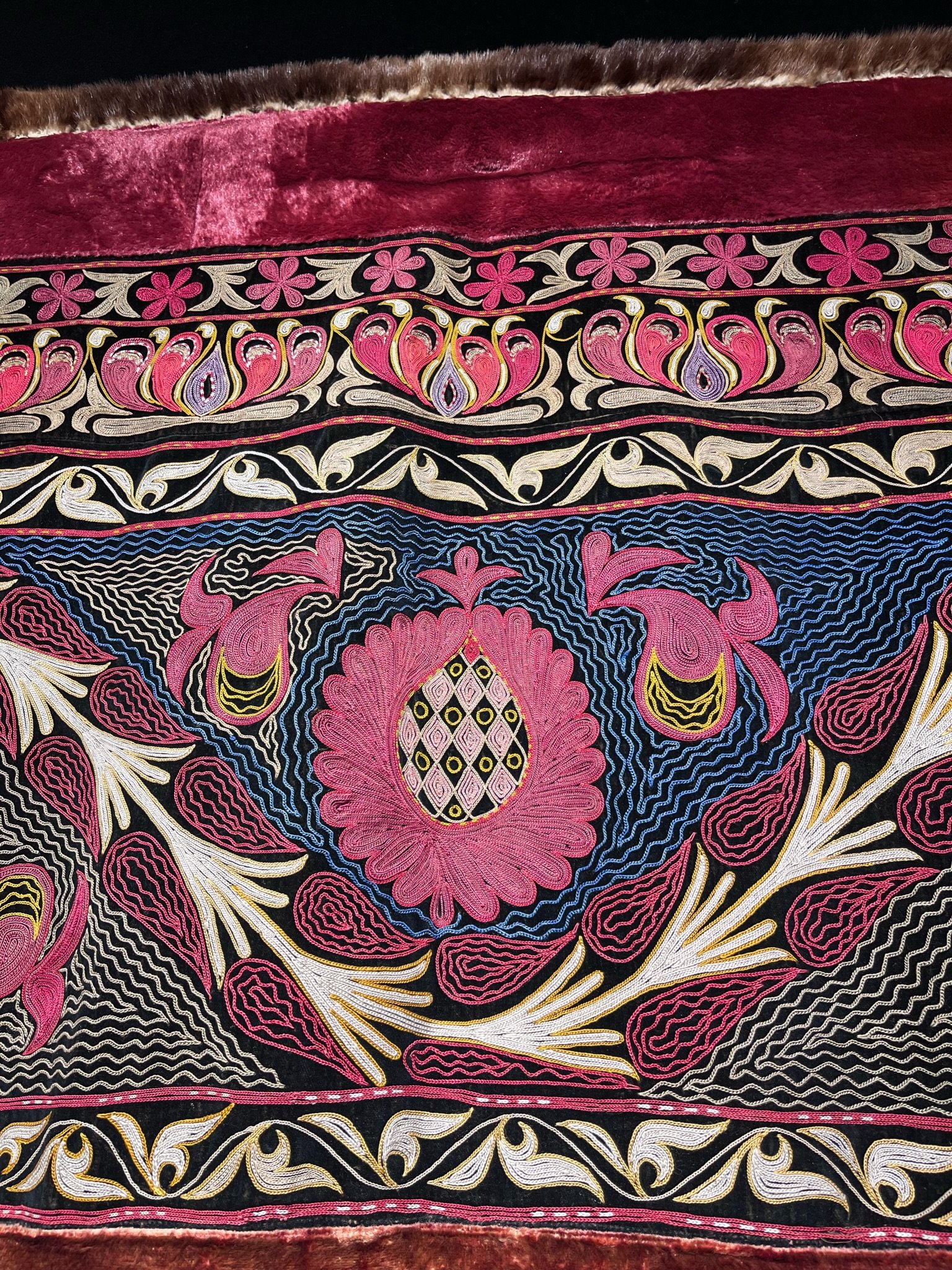


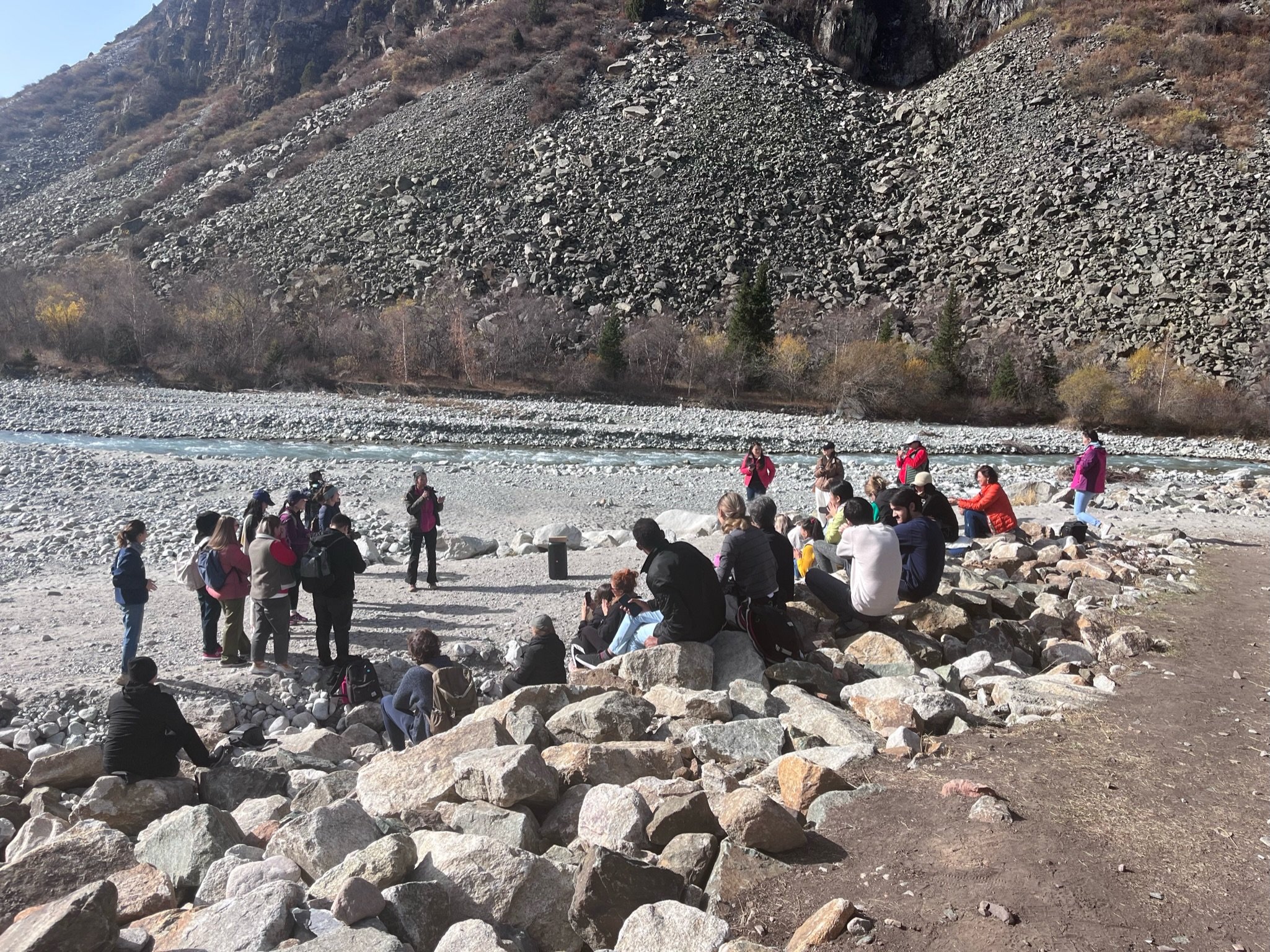

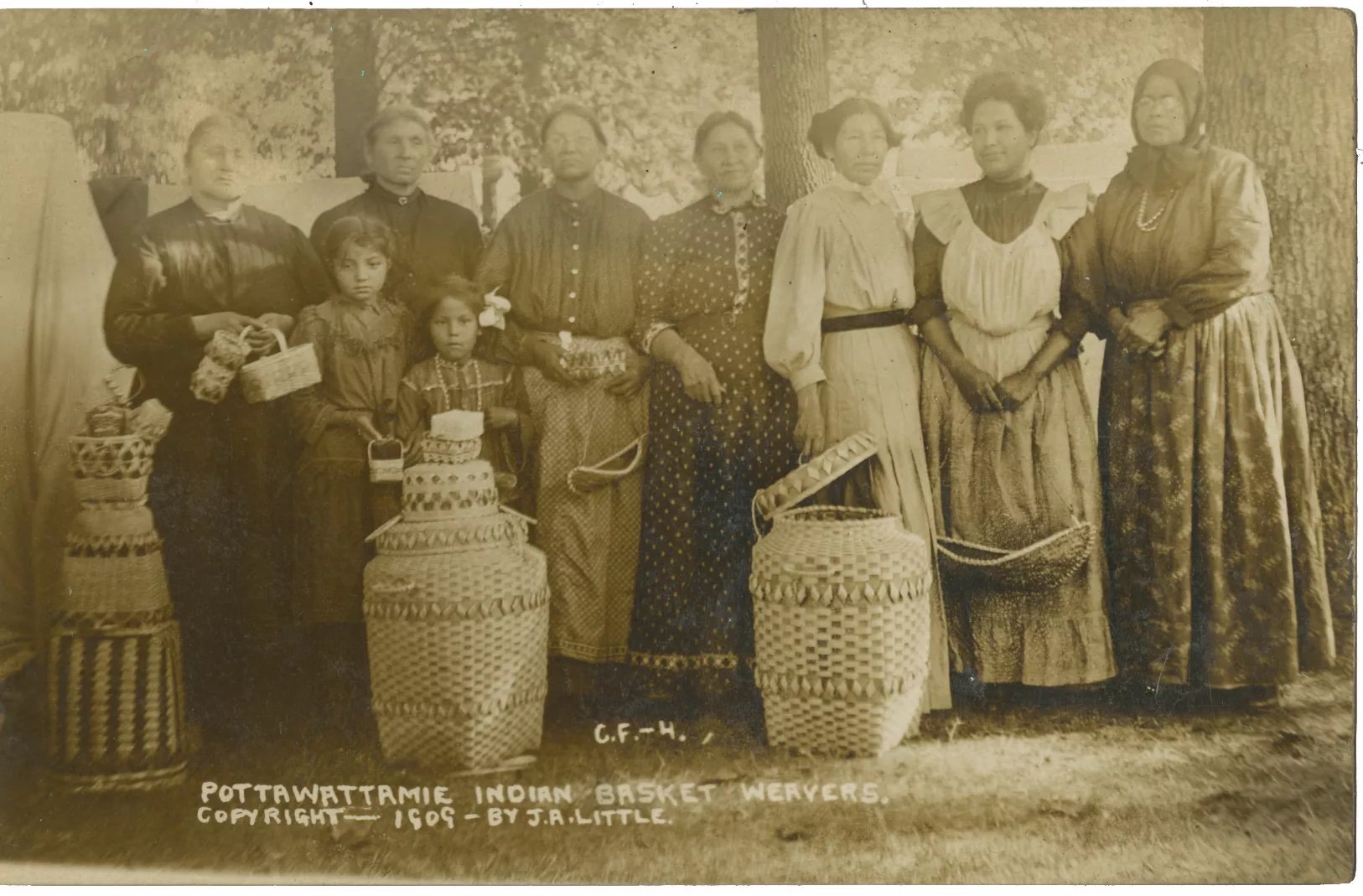
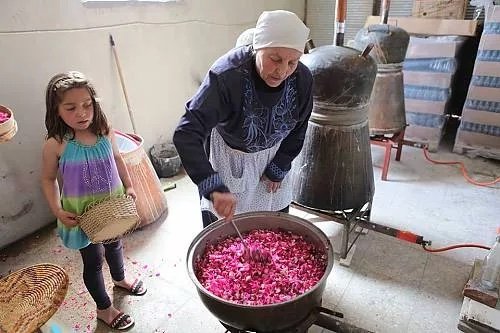
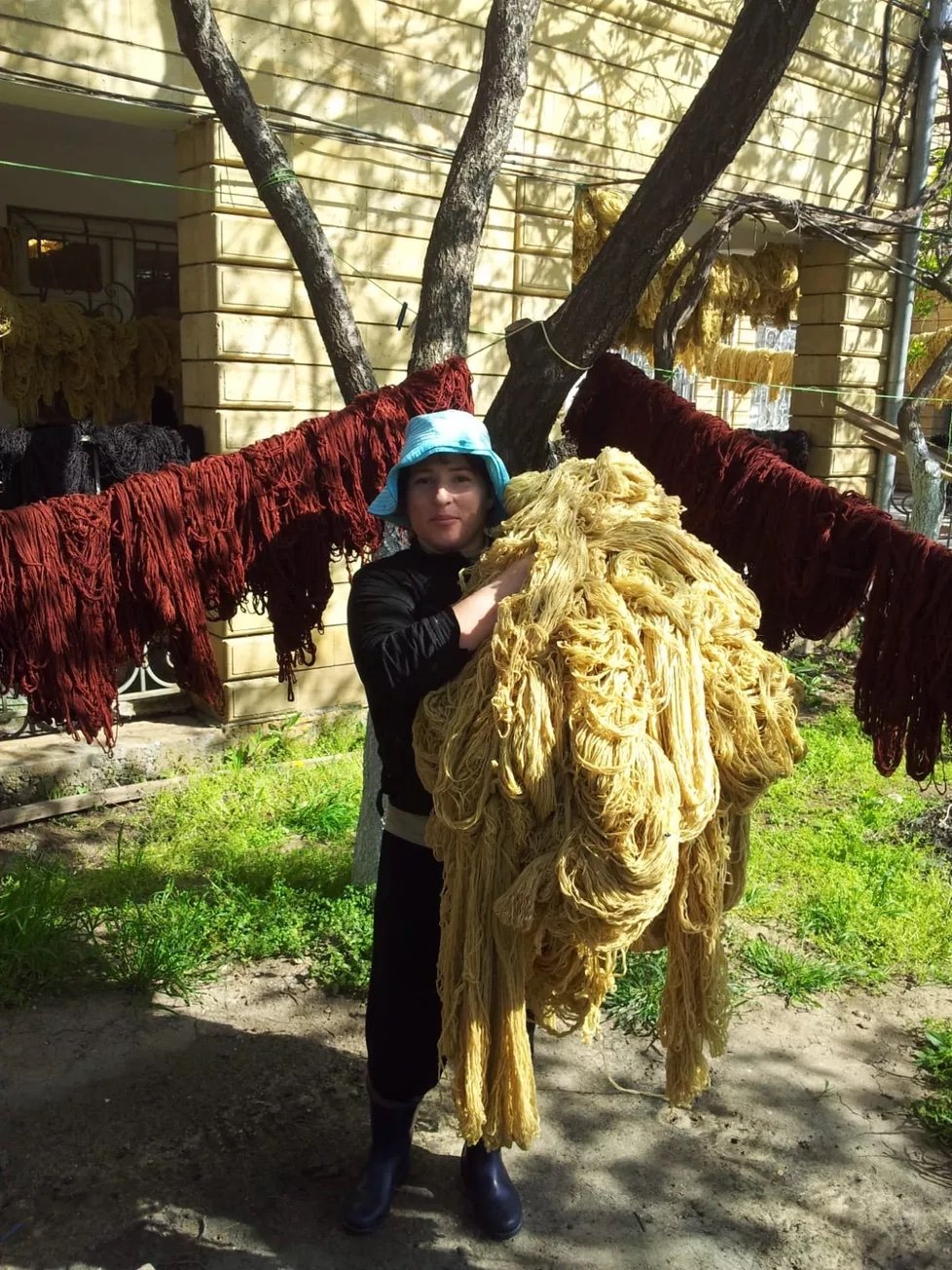
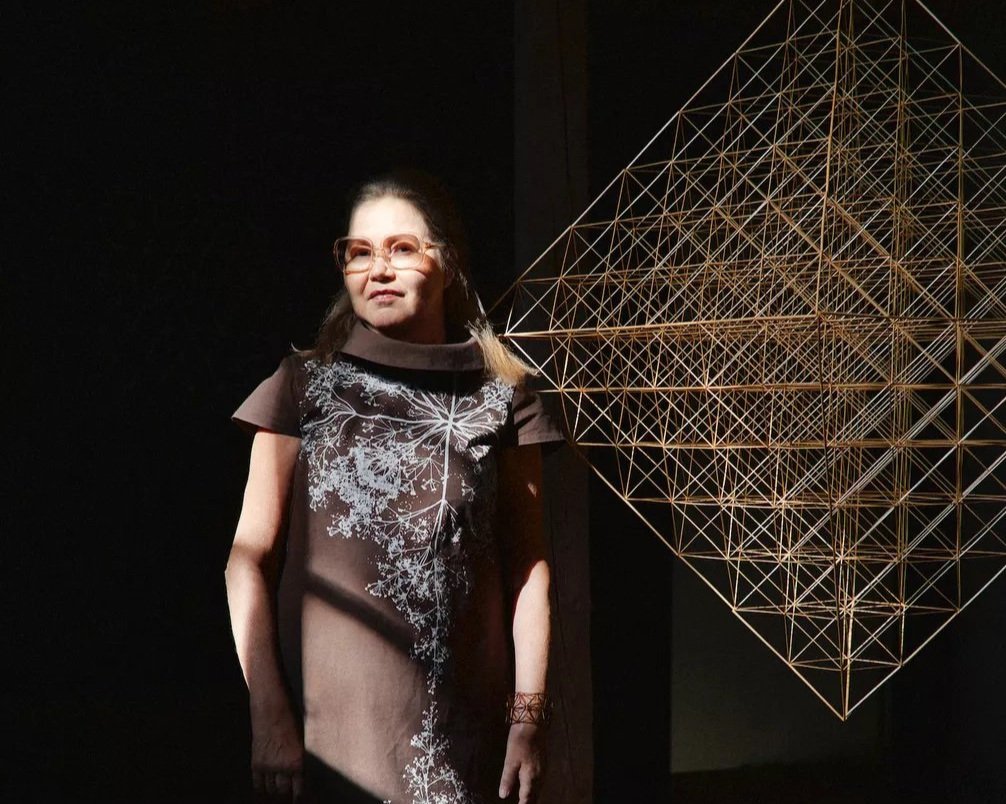
Image captions above and below: Kyrgyzstan Prairie Landscape, 2022, ph: Neysa Page-Lieberman, Chiy detail (grass reed mat), 2022, ph: Melissa Potter; Embroidered Kyrgy Rug detail, 2022, ph: NPL; Wool and felted rugs at State History Museum, Bishkek, Kyrgyzstan with Altynai Kudaibergenova, ph: MP, 2002; Serbian Hemp Fiber, circa 1950s, ph: Ethnographic Museum in Belgrade, Serbia; Spices & seeds used for crafts at Bishkek Market, Kyrgyzstan, 2022, ph: NPL; Follow the River program, Tian Shen Mountains, Bishkek, Kyrgyzstan, 2022, ph: NPL; Damask Rose-based Jam, Syria, ph: UNESCO's IHC program; Potawatomi Black Ash Basketry, 1909; Dagestan Red Madder Dye, artist Alif Suleymanov’s son helping with dyeing wool. Ph: AS; Himmeli, artist Eija Koski with her Himmeli, rye straw-based sculptural process, ph: NY Times, 2023.


